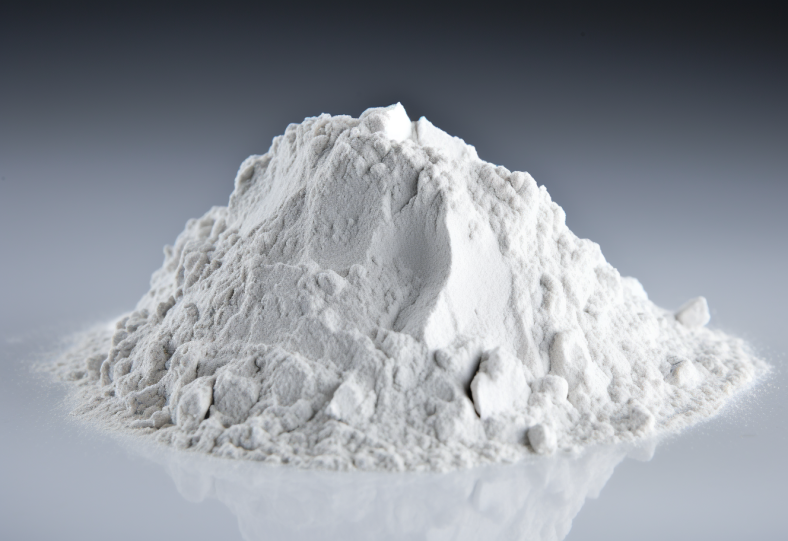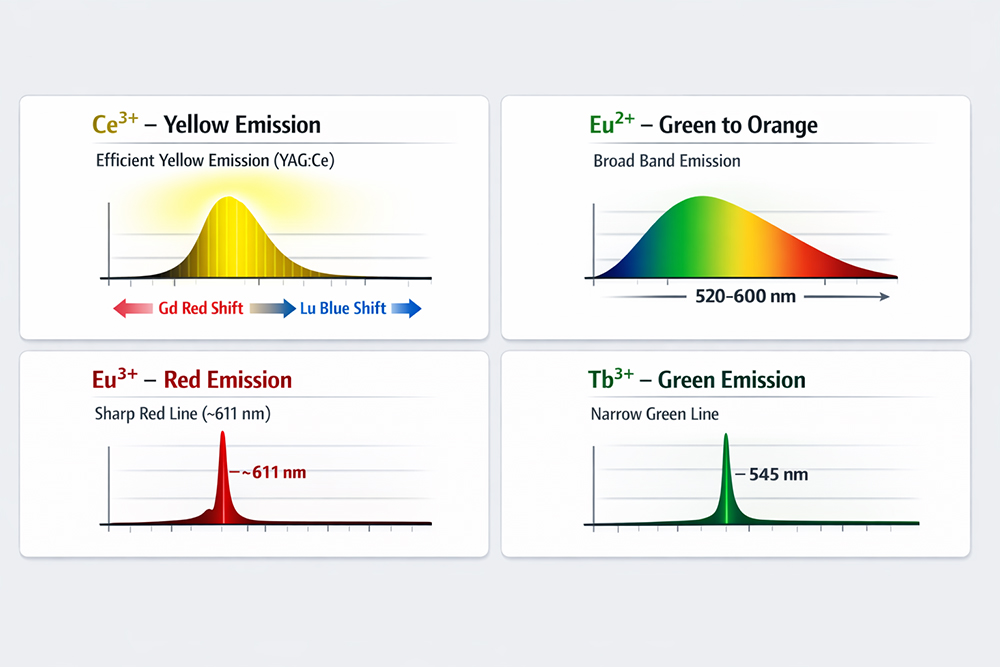
Catalysts play a crucial role in accelerating reactions and enhancing their efficiency in the realm of chemical synthesis. Over the years, researchers have been exploring new catalysts with improved properties to drive advancements in various industries. Gadolinium oxide, a rare earth oxide, has recently gained attention as an excellent chemical catalyst.
This article aims to shed light on the advantages of gadolinium oxide catalyst, its role in different chemical reactions, and how it compares to other catalysts commonly employed in the field.
Gadolinium oxide exhibits remarkable catalytic activity, making it highly effective in promoting chemical reactions. Its presence can significantly accelerate reaction rates, leading to higher reaction yields and shorter reaction times.
Gadolinium oxide is known for its exceptional stability, especially at high temperatures. Unlike many other catalysts, it does not readily undergo decomposition or lose its catalytic activity over time. This stability ensures a prolonged catalyst lifespan and allows for multiple reaction cycles, making it cost-effective in the long run.
Gadolinium oxide finds applications in various chemical reactions, including organic synthesis, hydrogenation, dehydrogenation, oxidation, and more. Its versatility makes it suitable for a broad spectrum of industries, such as pharmaceuticals, petrochemicals, energy storage, and environmental remediation.
One significant advantage of gadolinium oxide is its ability to control reaction selectivity. By tailoring the catalyst's surface properties, it is possible to selectively favor specific reaction pathways or products. This level of control is crucial in fine chemical synthesis, where obtaining the desired product with high selectivity is paramount.
Gadolinium oxide has emerged as a promising catalyst in chemical synthesis, offering numerous advantages over traditional catalysts. Its high catalytic activity, excellent stability, a wide range of applications, and selectivity control make it an attractive option for various industries. As research continues to uncover its full potential, gadolinium oxide is expected to play an increasingly significant role in advancing chemical synthesis and driving innovation across multiple fields.
For more information about rare earth materials, please visit our homepage.
Eric Loewen
Eric Loewen graduated from the University of Illinois studying applied chemistry. His educational background gives him a broad base from which to approach many topics. He has been working with topics about advanced materials for over 5 years at Stanford Materials Corporation (SMC). His main purpose in writing these articles is to provide a free, yet quality resource for readers. He welcomes feedback on typos, errors, or differences in opinion that readers come across.

 Inquiry List
Inquiry List


